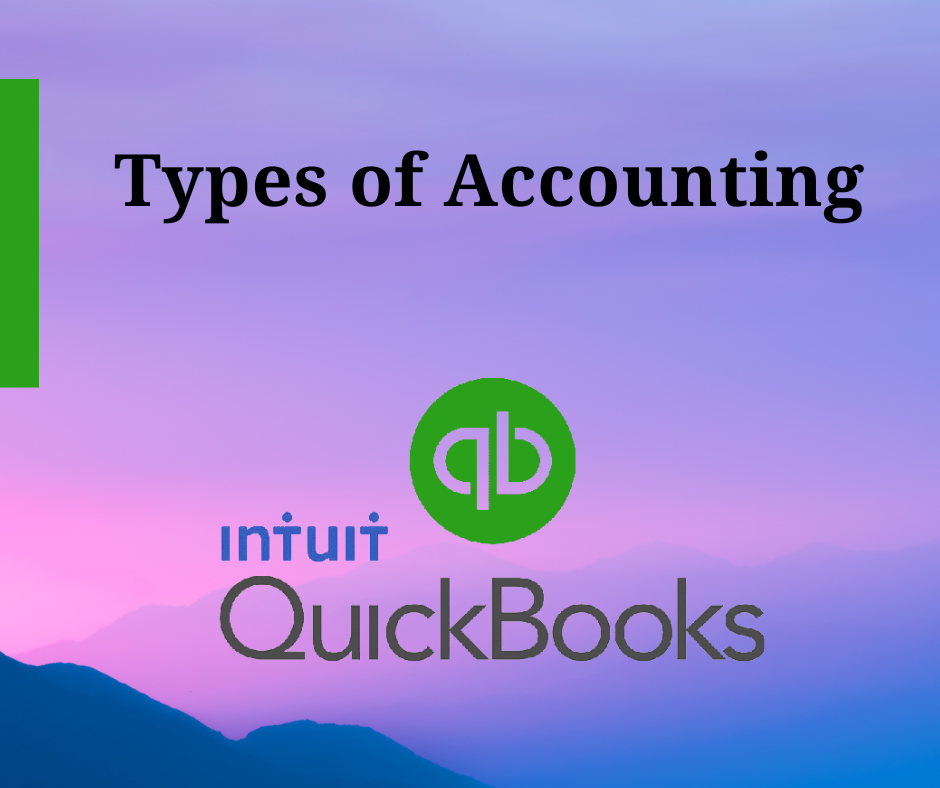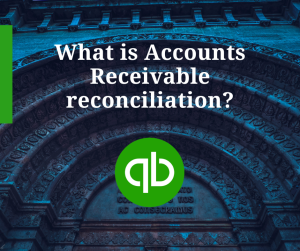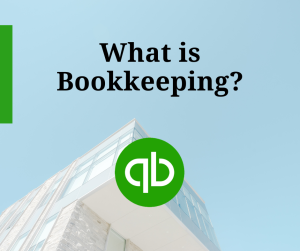In accounting, there are several types of accounts that are used to classify and record financial transactions. Some common types of accounts include:
• Asset accounts: These accounts represent the resources owned by a business.
10 example of Assets accounts
1. Cash
2. Accounts Receivable
3. Inventory
4. Prepaid Expenses
5. Property, Plant, and Equipment
6. Investment Securities
7. Land
8. Buildings
9. Machinery and Equipment
10. Vehicles
• Liability accounts: These accounts represent the debts and obligations of a business.
10 example of Liability accounts:
1. Accounts Payable
2. Notes Payable
3. Accrued Expenses
4. Short-term Debt
5. Long-term Debt
6. Deferred Revenue
7. Deferred Taxes
8. Customer Deposits
9. Unearned Revenues
10. Sales Taxes Payable
• Equity accounts: These accounts represent the ownership interest in a business.
10 example of Equity accounts
1. Common Stock
2. Preferred Stock
3. Contributed Capital
4. Retained Earnings
5. Accumulated Other Comprehensive Income
6. Treasury Stock
7. Minus: Capital Surplus
8. Plus: Earnings Per Share
9. Plus: Unallocated Shares
10. Plus: Additional Paid-In Capital
• Revenue accounts: These accounts represent the income earned by a business.
10 example of Revenue accounts
1. Sales Revenue
2. Service Revenue
3. Rent Revenue
4. Interest Revenue
5. Royalty Revenue
6. Dividend Revenue
7. Commission Revenue
8. Fees Revenue
9. Gain on Sale of Asset
10. Exchange Gain Revenue
• Expense accounts: These accounts represent the costs incurred by a business in the process of earning revenue.
10 example of Expenses accounts
1. Cost of Goods Sold
2. Rent Expense
3. Salaries Expense
4. Wages Expense
5. Advertising Expense
6. Travel Expense
7. Utilities Expense
8. Depreciation Expense
9. Amortization Expense
10. Interest Expense
There are also subtypes of accounts within these categories, such as current assets, long-term assets, current liabilities, long-term liabilities, and so on. The specific types of accounts used by a business will depend on the nature of the business and the accounting principles followed by the company.




